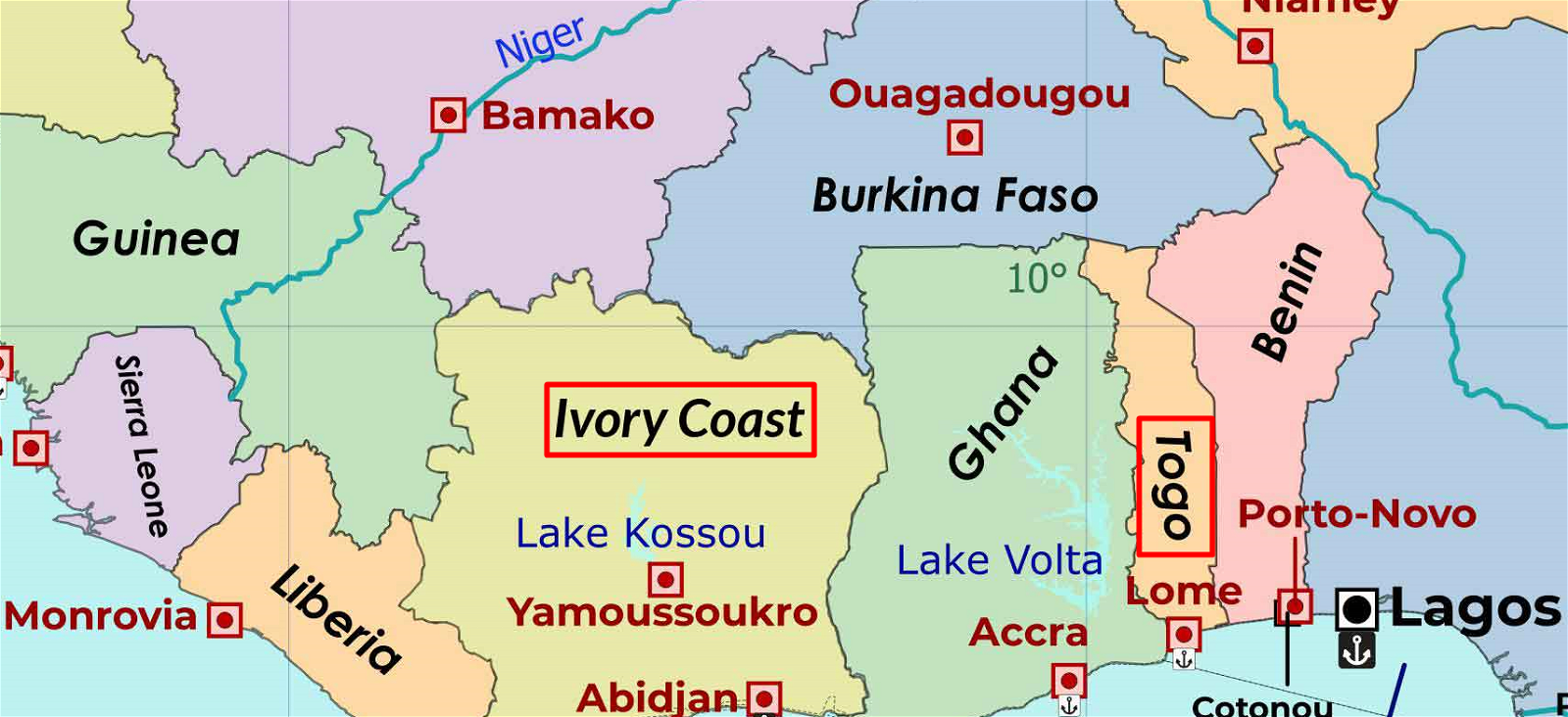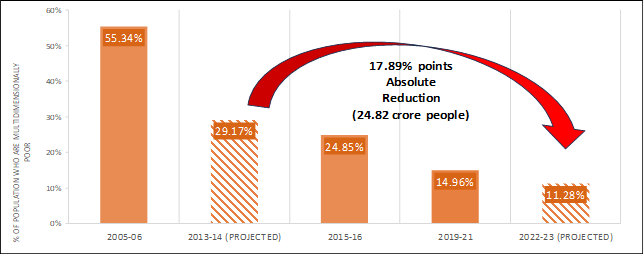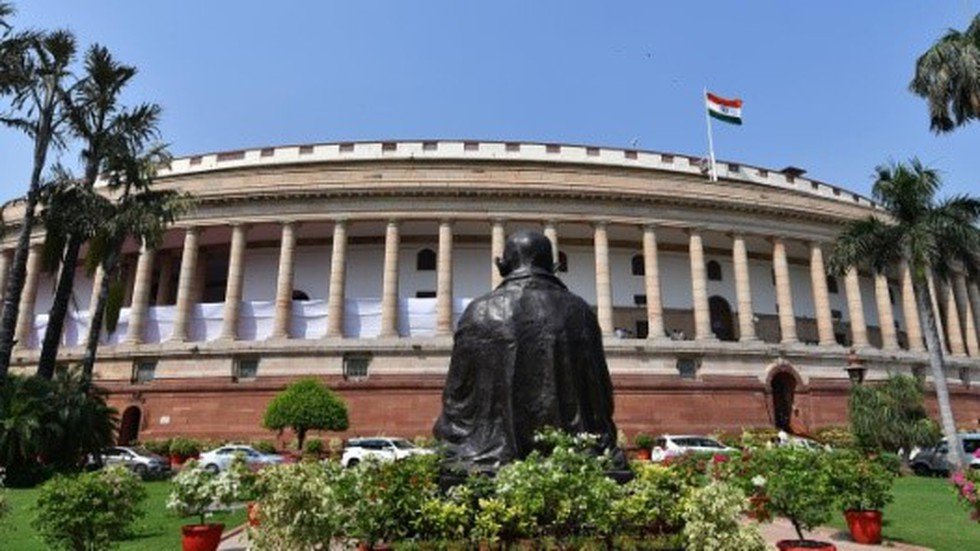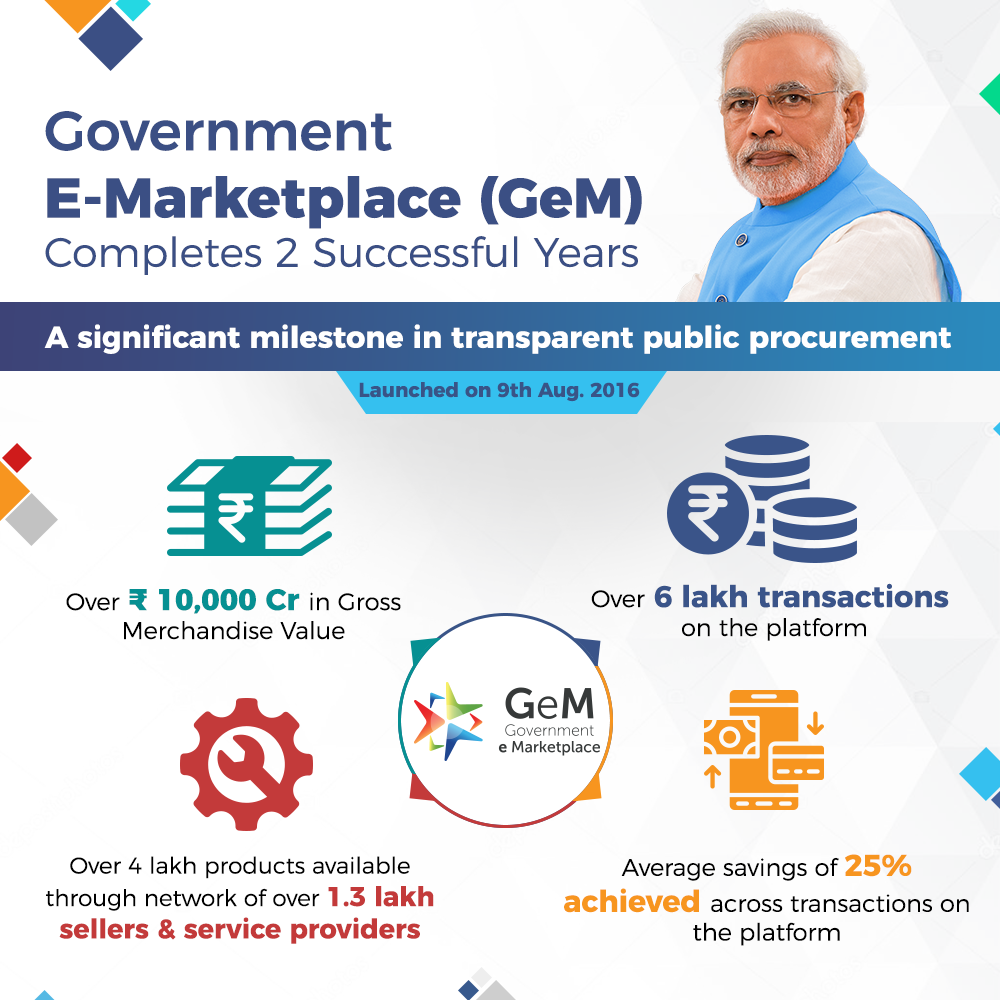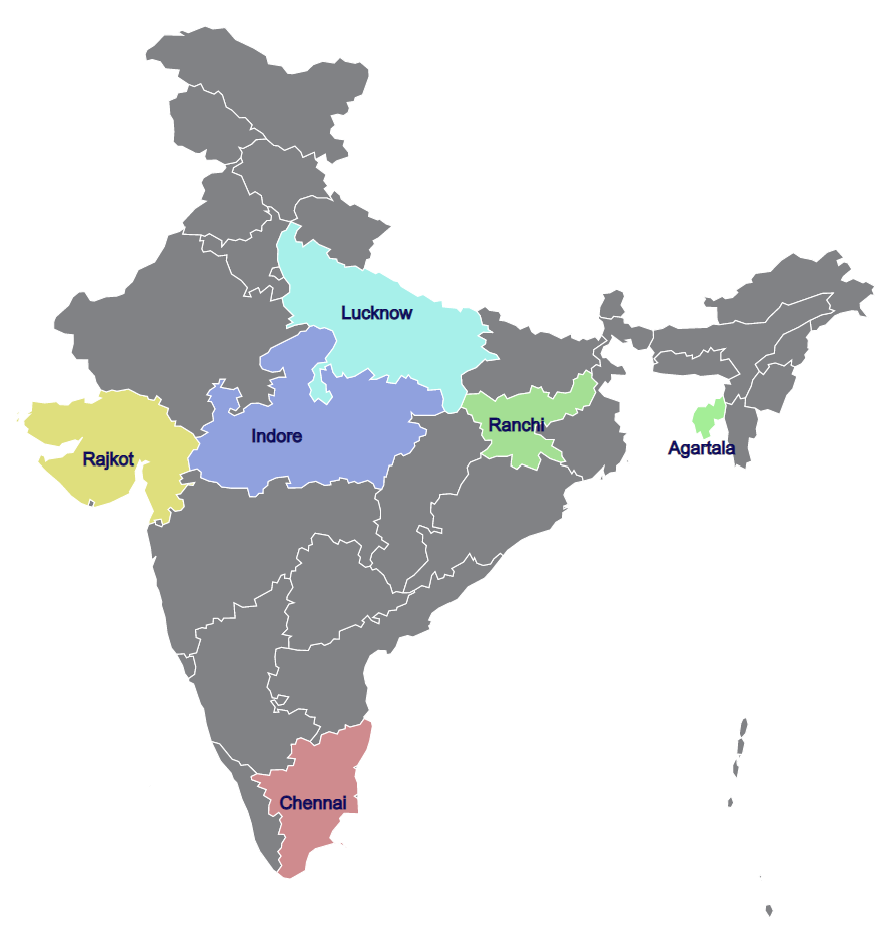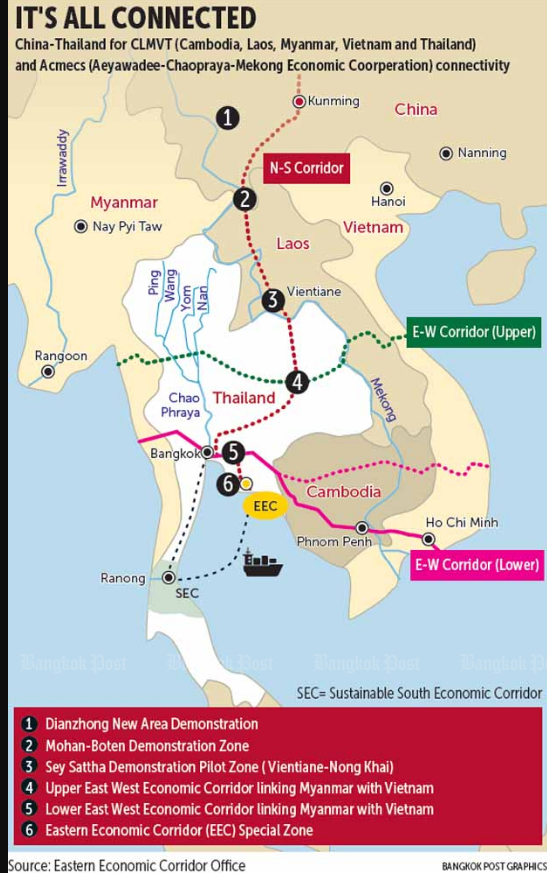
‘Voters’ right to know not Absolute’
Subscribers of "Current Affairs" course can Download Daily Current Affairs in PDF/DOC
Subscribe to Never Miss an Important Update! Assured Discounts on New Products!
Must Join PMF IAS Telegram Channel & PMF IAS History Telegram Channel
- Context (TH I BT): The SC held that an election candidate has a right to privacy from voters and need not lay out every scrap of their personal life and possessions, past and present.
- The judgment came in a petition filed by Arunachal Pradesh MLA Karikho Kri challenging a Gauhati HC decision declaring his election void because he did not declare three vehicles as his assets in his affidavit.
S.C’s Ruling
- A candidate’s choice to retain his privacy on matters which were of no concern to the voters or were irrelevant to his candidature for public office did not amount to a ‘corrupt practice’ under Section 123 of the Representation of People Act, 1951.
- Such non-disclosure would not amount to a “defect of a substantial nature” under Section 36(4) of the 1951 Act.
|
- It is not necessary that a candidate declare every item of movable property that he or his dependent family members own unless these items are of such value as to constitute a sizeable asset in terms of his lifestyle and require disclosure.
- It would depend on a case-to-case basis on what would amount to a non-disclosure of assets of a substantial nature.
- Suppressing information about a collection of expensive watches from voters would be a substantial defect.
‘Corrupt Practices’ under the RPA, 1951
Section 123 of the Act
- It defines ‘corrupt practices’ by a candidate to further his prospects in the election to include-
- Bribery, undue influence, false information, and promotion or
- Attempted promotion of “feelings of enmity or hatred between different classes of the citizens of India on the grounds of religion, race, caste, community, or language”.
Section 123 (2)
- It deals with ‘undue influence’, which it defines as “any direct or indirect interference or attempt to interfere on the part of the candidate or his agent, with the consent of the candidate or his election agent, with the free exercise of any electoral right.”
- This could also include threats of injury, social ostracism and expulsion from any caste or community.
Section 123 (4)
- It extends the ambit of “corrupt practices” to the intentional publication of false statements that can prejudice the outcome of the candidate’s election.
- An elected representative can be disqualified if convicted of certain offences on the grounds of corrupt practices, for failing to declare election expenses, or for interests in government contracts or works.
What Practices has the Court held as Corrupt Practices in the Past?
Abhiram Singh v C.D. Commachen Case
- SC held that an election would be annulled if votes were sought in the name of a candidate’s religion, race, caste, community, or language, as per Section 123 (3), which prohibits the same.
SR Bommai v. Union of India
- SC said that the encroachment of religion into secular activities is strictly prohibited, citing subsection (3) of Section 123 of the RPA Act, 1951.
S. Subramaniam Balaji vs State of Tamil Nadu
- The SC held that promises of freebies cannot be termed a corrupt practice.
- However, the matter still has yet to be decided.





![PMF IAS Environment for UPSC 2022-23 [paperback] PMF IAS [Nov 30, 2021]…](https://pmfias.b-cdn.net/wp-content/uploads/2024/04/pmfiasenvironmentforupsc2022-23paperbackpmfiasnov302021.jpg)
